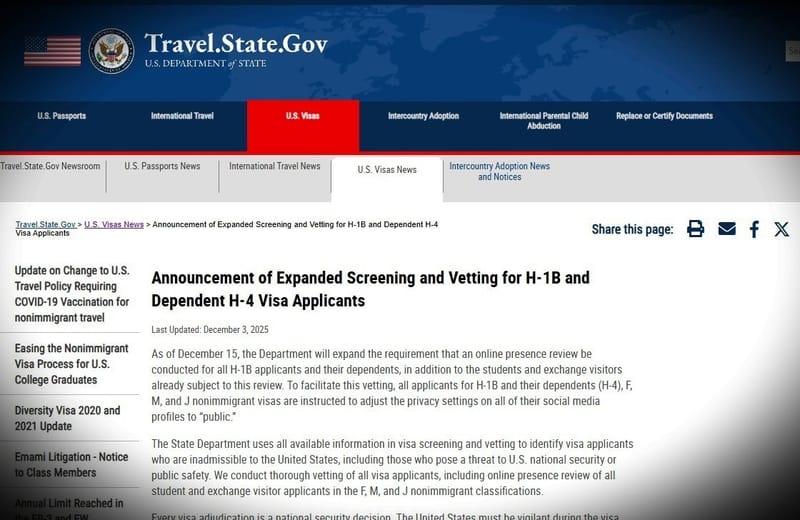Wipro Q2 Preview: H-1B Visa Fee Hikes and Large Deals Impact Margins
The financial results of major IT firms like Wipro offer a direct look into how rising H-1B visa costs are reshaping corporate strategies and impacting profitability in the tech sector.

Subscribe to our newsletter and stay informed about latest H1B news, policy updates and and other developments.
Article Summary
Wipro is set to release its Q2FY26 results, with analysts anticipating moderate growth but potential pressure on margins due to H-1B visa fee hikes and upfront costs from large deal wins. Other IT firms like TCS and HCLTech have already indicated a reduced reliance on H-1B visas following increased fees. Investors will monitor Wipro's strategy for managing these visa cost impacts and its dividend announcement.
Original Article: financialexpress.com
[ Sentiment: negative | Tone: factual ]
This summary and analysis were generated by TheNewsPublisher's editorial AI. This content is for informational purposes only; it does not constitute legal or immigration advice.
[ Sentiment: negative | Tone: factual ]
This summary and analysis were generated by TheNewsPublisher's editorial AI. This content is for informational purposes only; it does not constitute legal or immigration advice.
TNP AI: Key Insights
This article offers crucial insight into how recent H-1B visa fee hikes are directly impacting the financial performance and strategic decisions of major IT companies like Wipro. Historically, visa fees have been a significant operational expense, but the substantial increases, such as the $100,000 hike cited, are now compelling firms to actively reduce their reliance on H-1B visas, as evidenced by TCS and HCLTech's stated shifts.
For employers of foreign talent, these escalating costs translate into higher operational expenses and a potential re-evaluation of talent acquisition strategies, pushing companies to explore alternative visa options or diversify their global workforce. This trend could accelerate investment in automation or lead to a greater emphasis on recruiting from talent pools in other countries, fundamentally reshaping the global tech talent landscape and increasing competition for skilled professionals.




